Industrial Energy Transition and Decarbonization Consortium
IETD Consortium: Your Partner in the Energy Transition Journey
Achieving net-zero carbon emissions is a global challenge that requires collaboration, innovation and tailored solutions. Every industry and organization must play its part in reducing carbon emissions, but no one-size-fits-all solution exists. The path to net-zero will require trillions in technology investments and companies need custom strategies to meet their specific challenges.
The Catalyst Group Resources’ Industrial Energy Transition and Decarbonization (IETD) Consortium provides a platform for energy and industrial process leaders to collaborate and develop practical solutions for decarbonization. This membership-driven program brings together experts from industries and research institutions focused on implementing cost-effective technologies to drive the energy transition with an emphasis on efficiency, circularity and sustainability.

What Makes IETD Different?
IETD is not just another net-zero initiative. Unlike government-driven programs, IETD offers actionable, industry-specific insights and solutions based on decades of research and experience. Members benefit from a program designed for the industry, by the industry®, with solutions that are scalable and financially viable.
Core Sectors of Expertise
TCGR focuses on key sectors including:
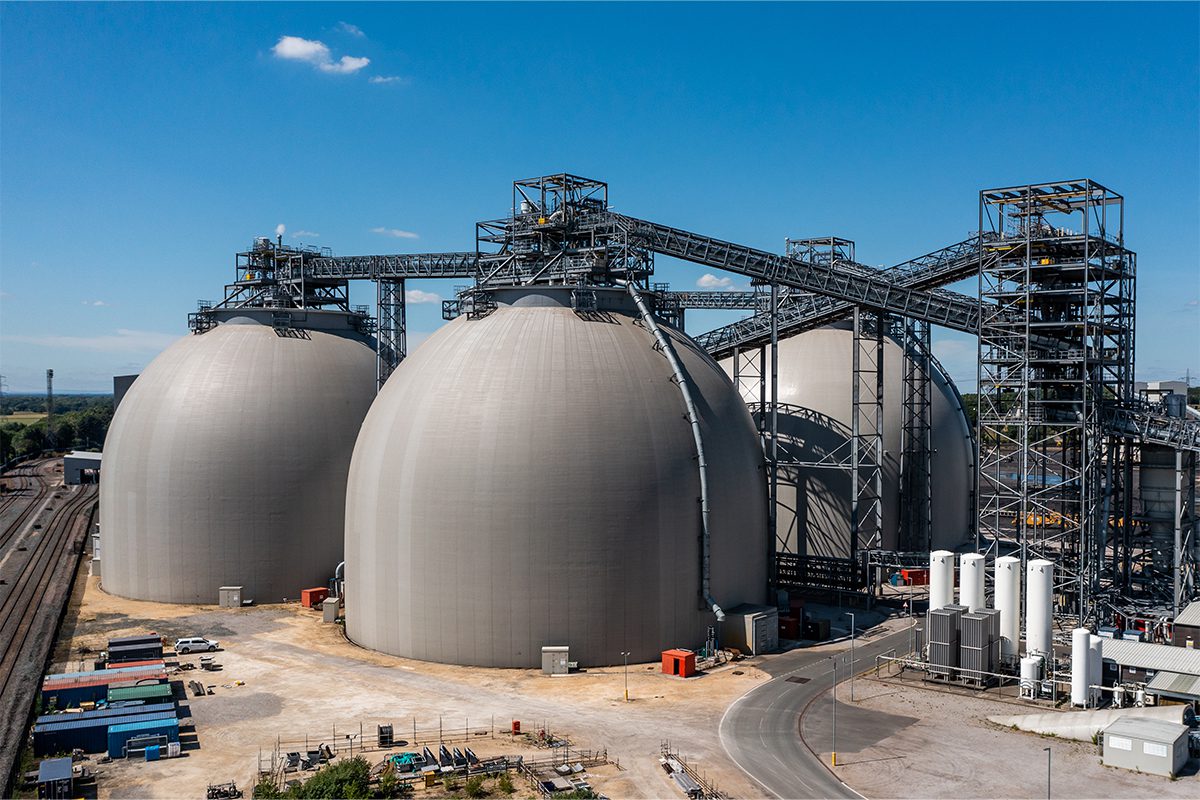
Carbon capture, utilization and storage (CCUS)
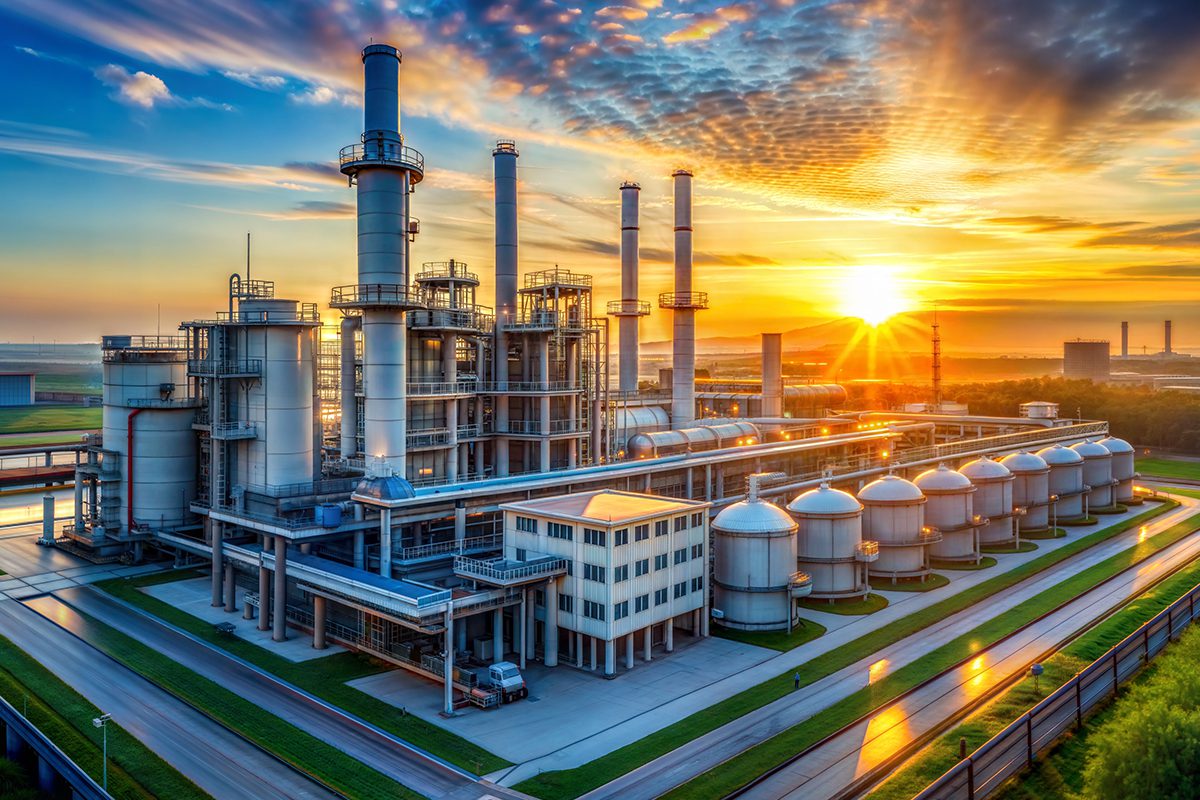
Hydrogen economy, Power-to-X and renewable energy source
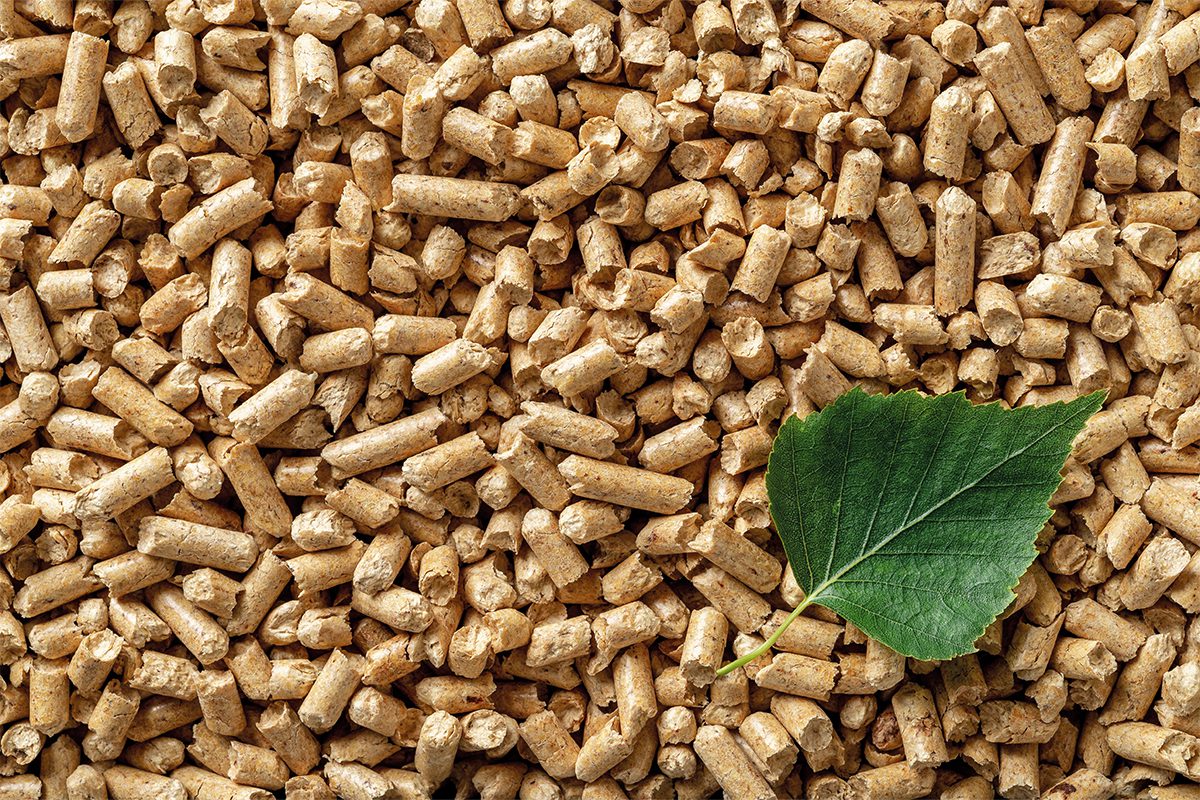
Alternative fuels and feedstocks, including biomass, waste and by-products
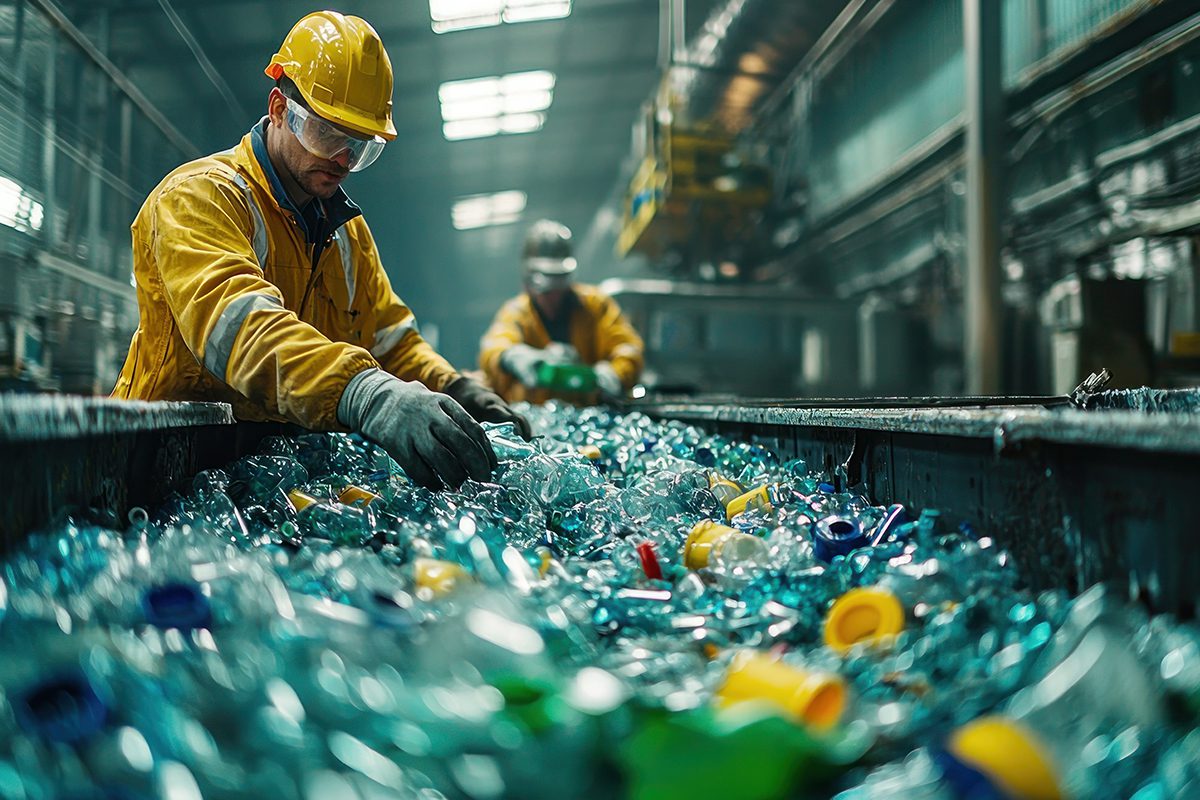
Circularity routes for fuels and chemicals in the energy transition
IETD Membership Benefits
Since 2010, TCGR’s IETD Consortium has been the trusted source for companies seeking actionable solutions in the decarbonization and energy transition space. By joining, your company will access advanced insights, cutting-edge research and unparalleled networking opportunities that will help drive your strategies and business decisions forward.

1. Access to Cutting-Edge Research
Exclusive Techno-Economic Reports: Members receive competitive insights on carbon reduction, circularity and alternative fuel analyses, including lifecycle and process economics. Recent studies include:
- Alternative Feedstocks for Lower Carbon Intensity
- Techno-economic Analysis for Hydrogen Production, Transportation and Storage
- Advances in Electrolyzer Technologies for Green Hydrogen
Real-Time Updates: Stay ahead with two weekly newsletters: Decarbonization Dispatch and Energy Transition Tribune, covering the latest developments and commercial opportunities from over 30 trusted sources.
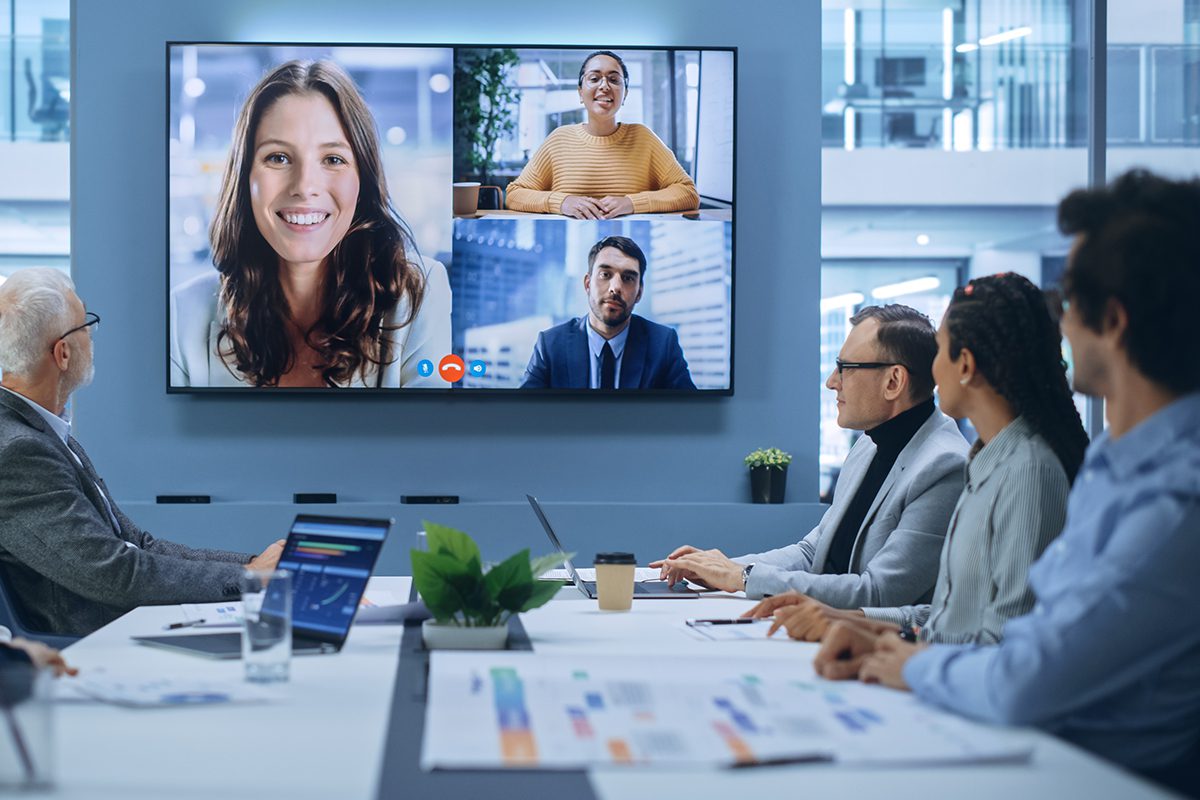
2. Direct Collaboration with Industry Leaders
Annual Meetings & Virtual IETD Sessions: Network with industry experts and peers through exclusive events and online sessions. These forums foster discussions on decarbonization innovations and create collaboration opportunities.
ActiProjects: Members gain access to exclusive opportunities, fostering partnerships for joint technical and commercial developments.

3. Expert Advisory Services
Dialogue Group® Support: IETD members can tap into the expertise of TCGR’s Dialogue Group®—a network of over 165 experienced scientists and industry leaders.
Data-Driven Risk Management: Members receive actionable insights into commercial decarbonization developments, global regulatory impacts and sustainability advancements to optimize investment and business planning.

4. Confidentiality and Customization
Secure, Member-Only Content: All reports, analyses and discussions are exclusive to members and protected under confidentiality agreements.
Member-Driven Focus: Members influence the report agenda, ensuring studies address their unique challenges and evolving needs.
Why Join the IETD Consortium?
Your company can push boundaries in the energy transition with data-driven knowledge and collaborative opportunities.
Let’s partner to achieve your potential.
